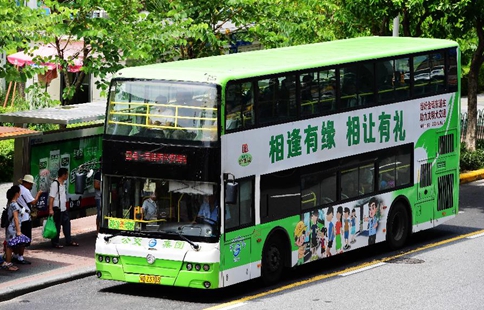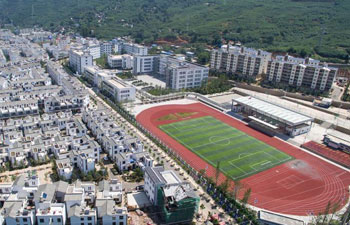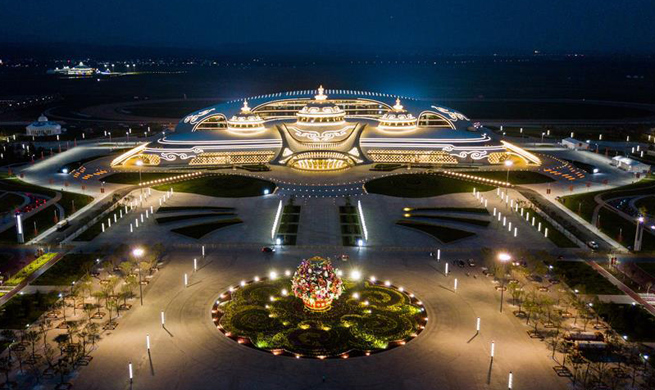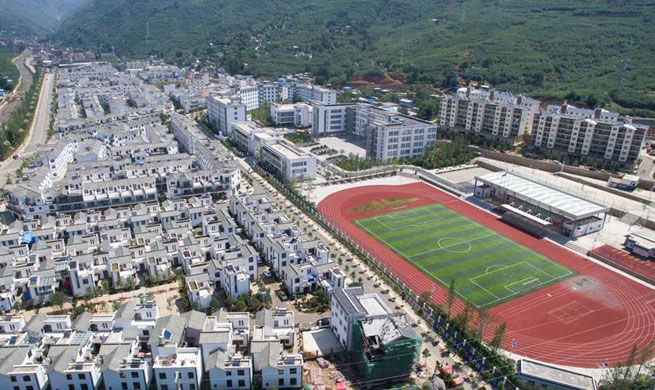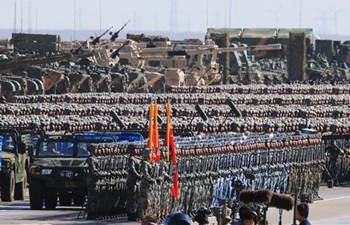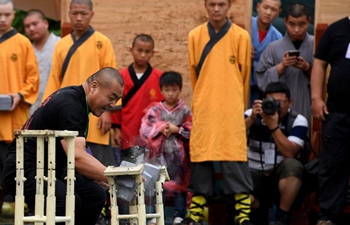NEW DELHI, Aug. 3 (Xinhua) -- An Indian scholar called the domains in which India and China can collaborate and cooperate "limitless."
In a recent interview with Xinhua, Varaprasad S. Dolla, a professor from Jawaharlal Nehru University, said, "The domains where both India and China can collaborate and cooperate are limitless provided that both of them are willing to take up this issue of collaboration, which of course they have been doing."
"If you take up the matter of bilateral trade or the economic ties that we have been forging in the last 15-20 years, it is amazing and we have seen an enormous growth," said Varaprasad.
"In fact, bilateral trade (grew) from a mere few hundred million U.S.dollars way back in the 1990s to above 70 billion U.S. dollars, then of course, it is declining because of various reasons partly due to domestic context and partly because of the global context," he said.
The expert then cited some examples of domains in which the two countries could work together.
"Definitely the science and technology domain can have more partnerships; we can have more research institutes coming together," he said.
Other examples are people-to-people and cultural exchanges, and collaboration within educational and industrial development contexts, the scholar said.
"Because China, given its own experience of emerging as a major industrial hub -- the factory of the world -- can actually share some of its experiences with India as India is now contemplating 'Make in India' as a major goal," the scholar said.
"We can actually learn some lessons from Chinese experience, both in terms of the good experiences, the best practices as well as the challenges that China encountered in the process," said the expert. "So skill development is one of the areas where China and India can collaborate."
Varaprasad spoke highly of the contributions of so-called "township and village" enterprises in China to global economic growth and also its exports.
"In fact, about 30 percent of exports comes from township and village enterprises which are like our Indian small and medium enterprises," said Varaprasad. "Imagine if Indian small and medium enterprises learn some lessons from the Chinese township and village enterprises, we will have better opportunities."
Another area in which the two countries enjoy cooperation potential is agriculture, said Varaprasad.
"Agriculture production in China has been more or less quite stable, but we (Indians) have been facing a lot of grave crises. Therefore we need to see how the Chinese have been able to address the agriculture growth and then see whether we can pick up some lessons."
The scholar went on to say that the two countries could collaborate in many areas in which they specialize and move forward in the years to come.




